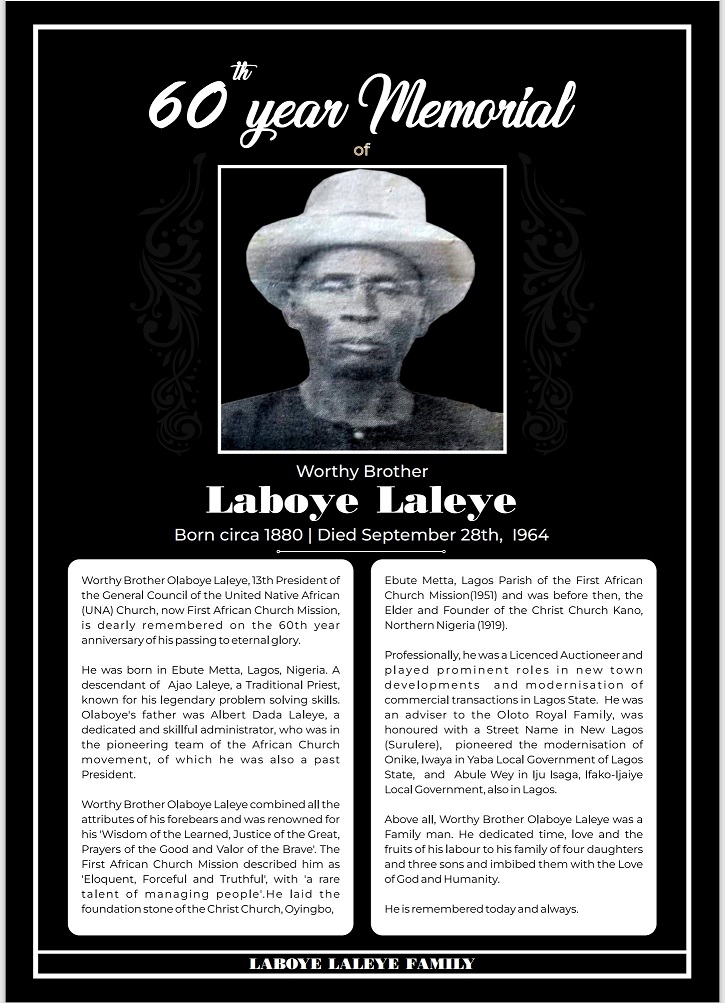Analysis
Personal Luggage: Stakeholders X-ray Customs seizure invalidated by court

Under the Nigeria Customs law, are personal luggages duty-able? While Section 8 of the Customs, Excise Tariff, etc. (Consolidation) Act and the 2nd Schedule to the Customs, Excise Tariff, etc. (Consolidation) Act holds that personal luggage, also referred to in local parlance as personal effects are exempted from import duty and other related charges, the seizure and imposition of duty on the personal luggage of Kehinde Ogunwumiju, SAN, has once again attracted lively debate by maritime stakeholders.
Accordingly, customs officers have been enjoined to de-emphasize over reliance on its operational statute books and laws on potentially conflict prone issues, reduce over zealousness and apply discretion at all material time, aimed at reducing trade disputes with embarrassing legal outcome.
The debate is coming on the backdrop of the ruling of a Federal High Court, Abuja Judicial Division, in which the Judge, J.T.Tsoho, in Suit No: FHC/ABJ/CS/1113/2019, delivered judgment in favour of Kehinde Ogunwumiju, SAN, against the Nigerian Customs Service Board, on Wednesday, 13th May, 2020.
The Plaintiff, Ogunwumiju, via his counsel, Tunde Ahmed Adejumo, Esq had approached the Court via an Originating Summons seeking a declaration that in view of the provisions of Section 8 of the Customs, Excise Tariff, etc. (Consolidation) Act and the 2nd Schedule to the Customs, Excise Tariff, etc. (Consolidation) Act, it was unlawful for officers of the Nigerian Customs Service to have demanded and collected import duty and other related charges from the Plaintiff in respect of his personal effect (A Louis Vuitton Lap Top Bag) found in his baggage following a search by the officers of the Nigerian Customs Service upon his arrival at the Nnamdi Azikwe International Airport, Abuja on the 24th June, 2019.
The Court ruled that having regard to the provisions of Section 8 of the Customs, Excise Tariff, etc. (Consolidation) Act and the 2nd Schedule to the Customs, Excise Tariff, etc. (Consolidation) Act, the following goods are exempted from import duty and other related charges:
- Goods contained in a passenger’s baggage provided that the said goods are not intended for sale, barter or exchange; and
- Personal and household effects.
The Court said based on the evidence before it, the Plaintiff had established that the Louis Vuitton Lap Top Bag found in his baggage by the officers of the Nigerian Customs Service was his personal effect and meant for his personal use.
The Court also averred that the Customs failed to establish cogent and credible evidence that the said item was meant for sale, exchange or barter; and therefore, ruled that it could not lawfully demand and collect import duty and other related charges in respect of the said Louis Vuitton Lap Top Bag found in the Plaintiff’s baggage.
The Court also ordered Customs to refund the sum of N156, 955. 20k (One Hundred and Fifty-Six Thousand, Nine Hundred and Fifty-Five Naira, Twenty Kobo) in import duty and other related charges, forcefully collected from Ogunwumiju; in addition to awarding a penalty of N5, 000, 000.00 (Five Million Naira) in exemplary damages against Customs, in favour of the plaintiff.
Reviewing the incident, maritime stakeholders including retired customs top management chiefs, were largely of the view that above case study should encourage Nigerians to challenge certain actions of government deemed insensitive and inimical to their fundamental rights.
Reacting, Chief Owei Dagodo (not real name) said “Nigerians should learn to test the laws of the land.
But High Chief Julius Ebubedike (also not real name) countered: “How do we establish that the goods ARE NOT for sale , barter or exchange ? Do we rely on the evidence of the owner? What happens to the legislation on merchandise in baggage? Do we rely on the interpretation of the statutes by the same judges who declared number four in a contest as the winner?”
Chief Dagogo replied: “Merchandise in Baggage (MIB) are commercial goods meant for business or trade. Goods must of necessity be in commercial quantity to be administered as such.”
High Chief Ebubedike still unconvinced, asked: “Just quantity ? What about value? Look up the Passenger Concession booklet.”
Also contributing in the knowledge based discussion, another retired customs chieftain; Obong Abednigo Fraser said the matter is a dicey one that requires professional utmost handling, plus serious profiling, as a mean of catching up with cheats.
His words, “There can’t be a generalised rule for MIB cases. Each has to be treated on its own merit. The law unfortunately places emphasis on commercial quantity and makes no reference to value.
“In this case the only determinant of value is quantity. The question then, is, how much quanty is to be adjudged allowable? In this case there is no way a single bag no matter how expensive it is, can merit description of commercial quantity, unless the traveler had undergone similar regular trips with such merchandise.
“Lesson learnt is that NCS must learn to profile travellers for effective discharge of their duties.”
In his contribution, frontline customs broker, Deacon Olumide Fakulu wondered if the NCS appealed the judgment, noting “These can be addressed by the appeal court and probably by our Supreme Court, as final arbiter.”
Veteran maritime journalist and commentator, Elder Asu Beks asked, “Shouldn’t there be a distinction between goods meant for personal use and those for commerce?”
Chief Dagogo answered, “Sure but it is a matter of nomenclature. The passenger concession which is a subsidiary legislation addresses it.
“Distinction can be made where necessary but in the issue adjudicated on, the one Louis Vuitton Lap Top, where lies the discretionary powers Customs have? You will agree with me that Customs Officers need to be more professional. If that had been, nothing like this will happen in the first instance.”
This is even as a maritime observer, Gbogbowa Odjegba noted that importers and agents who are mostly impacted by certain customs actions appears averse to seeking legal redress, because of the time wasted and the cost implication.
According to him, “Former Comptroller General of Customs, Alhaji Ahmed Kojoli advised recently that agents and importers should learn to challenge customs actions they believe are not in tandem with the rules. But it would seem that the apprehension is more on the elephant speed of our judicial system and the unimaginable cost it will impose on litigants.
“Our system is a put off. Ogunwumiji is a SAN maybe that worked in his favor. There are business cases in court with history of ten years pendency. It’s a crazy system.”


































